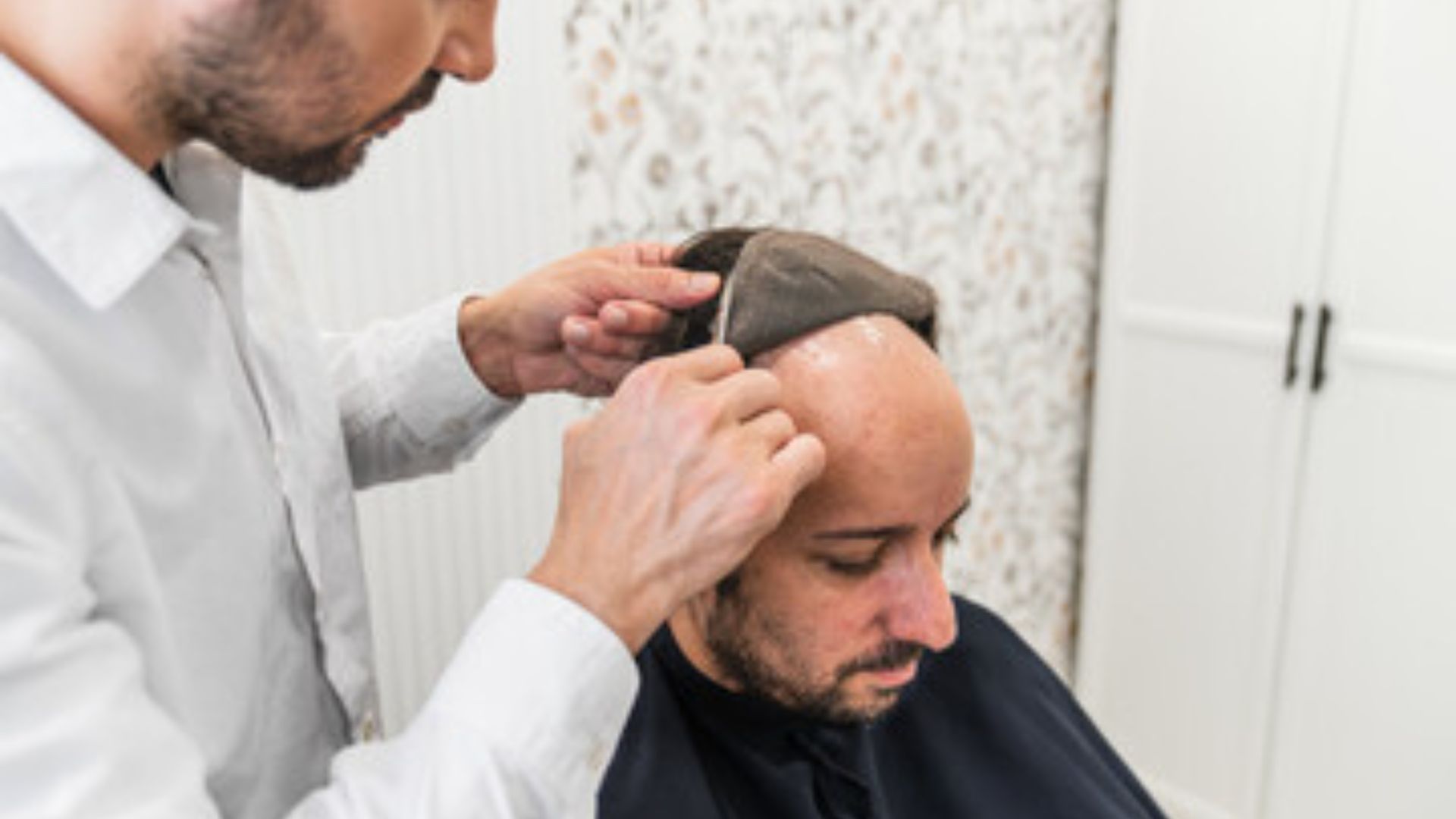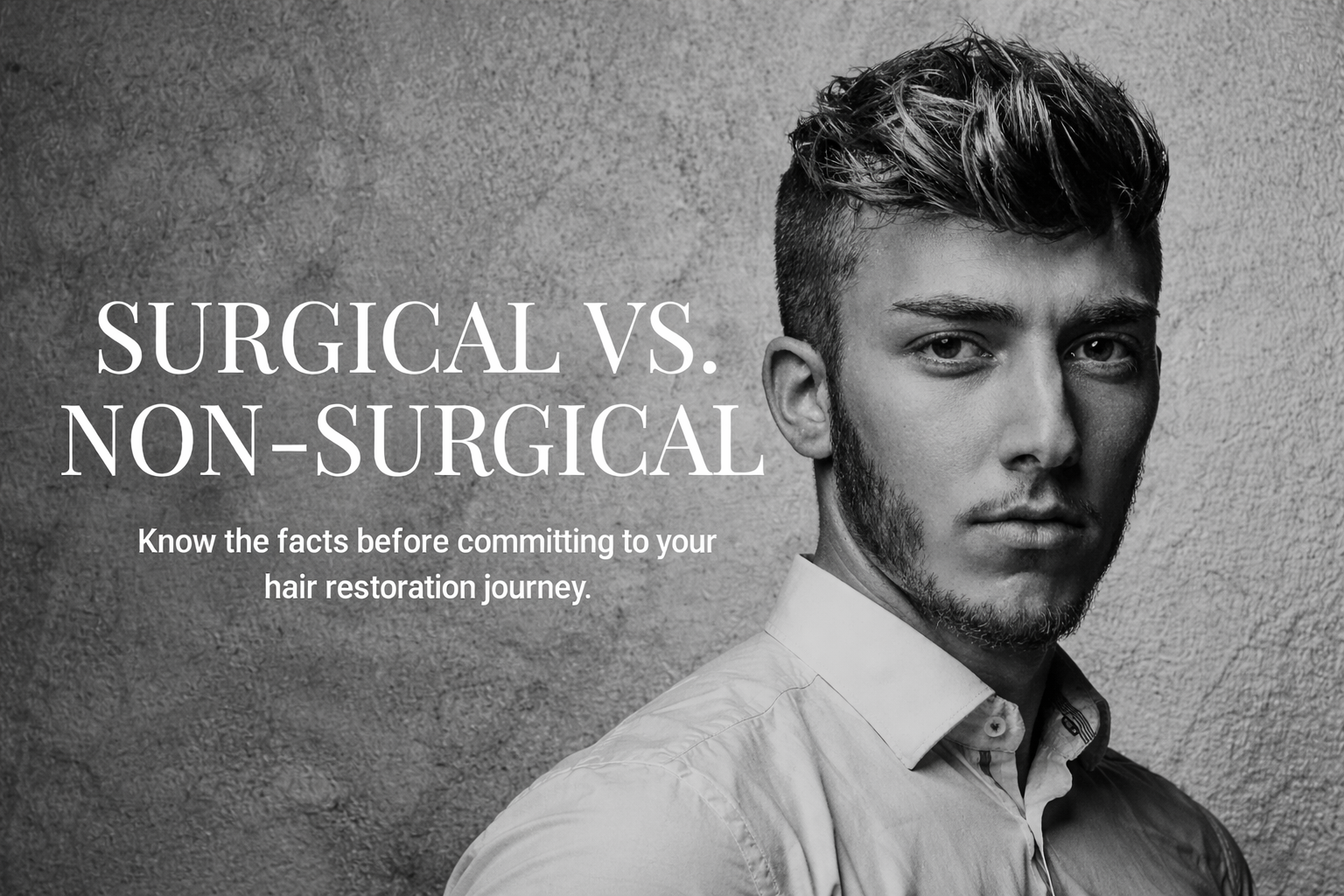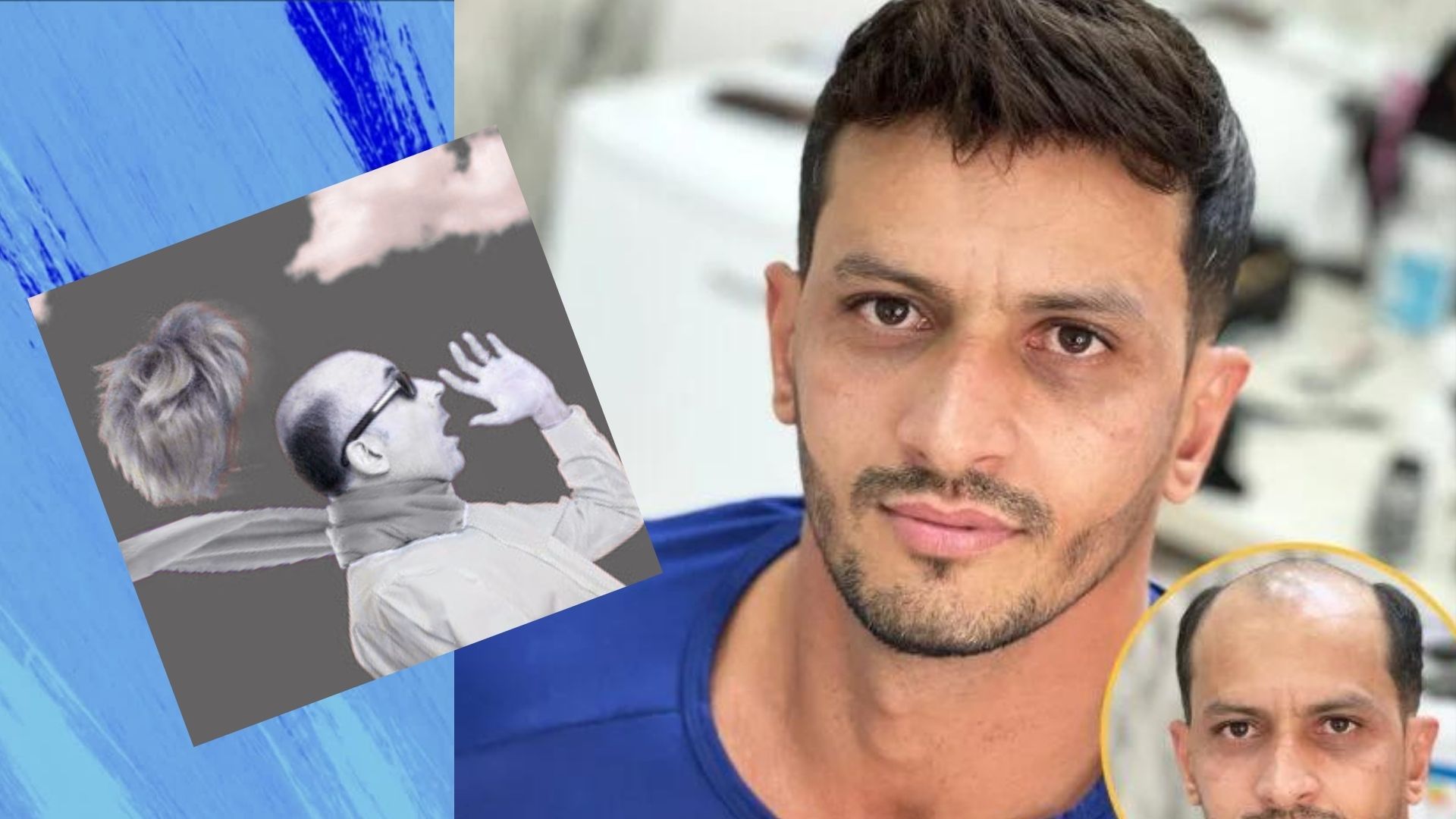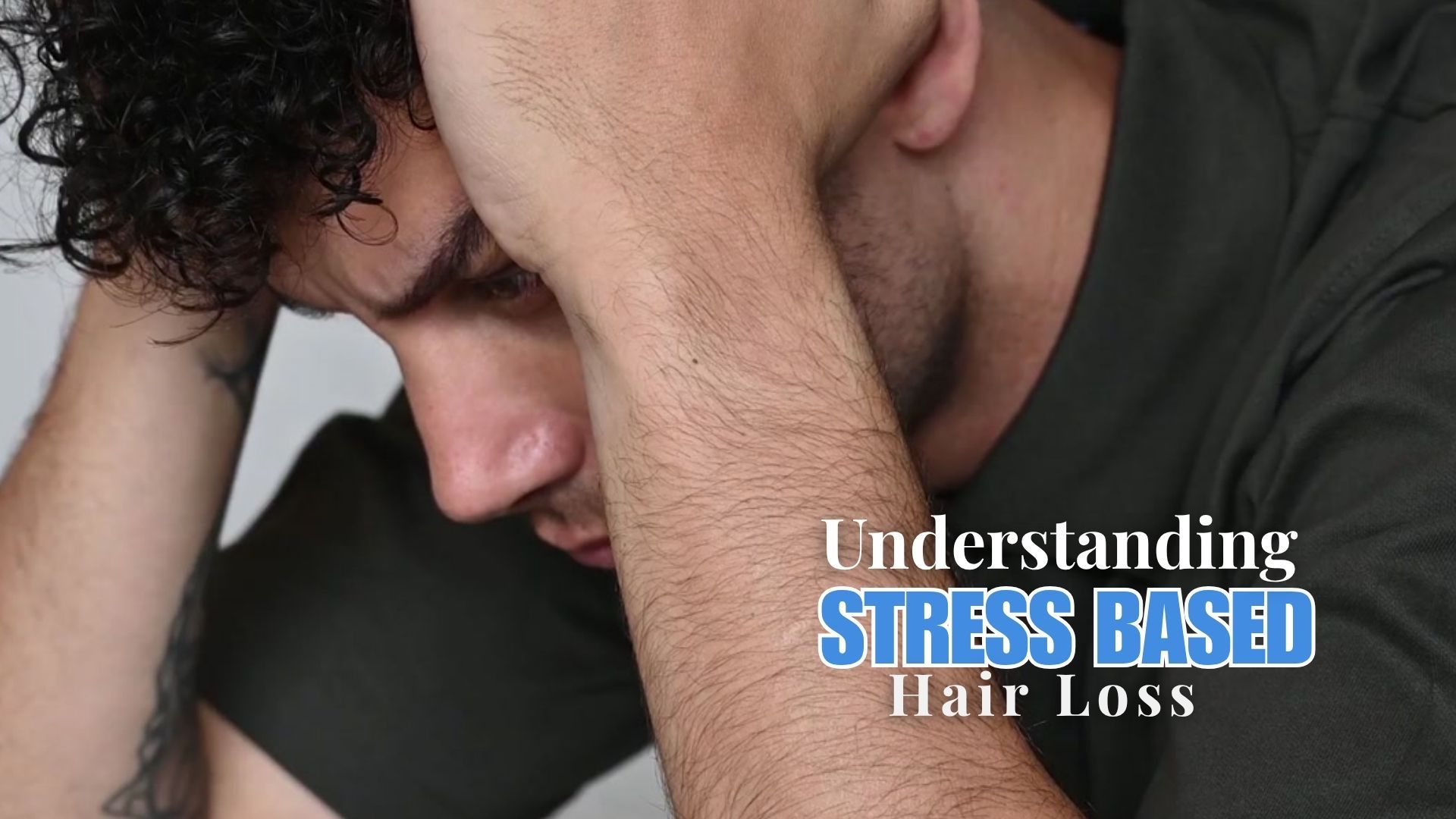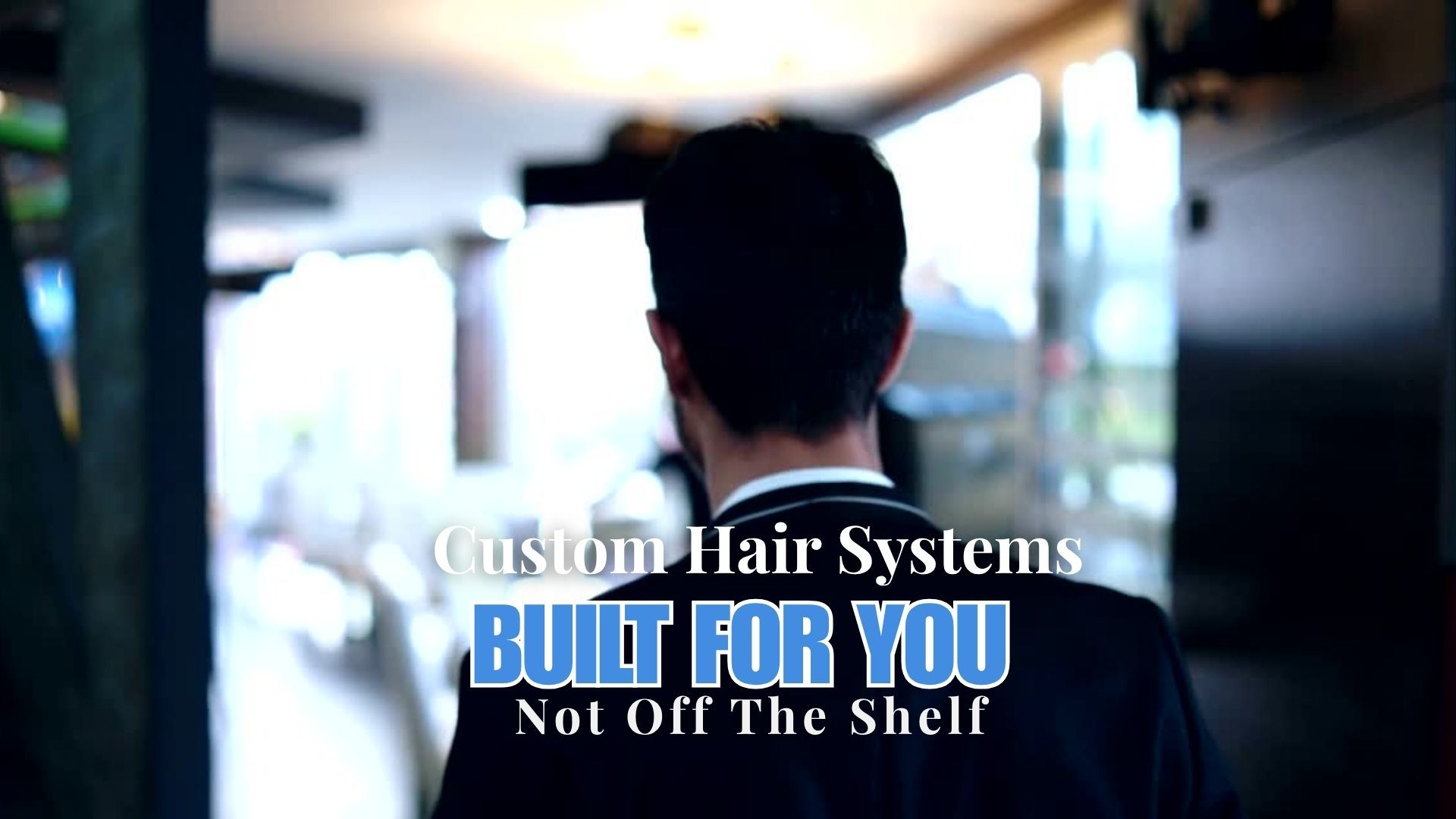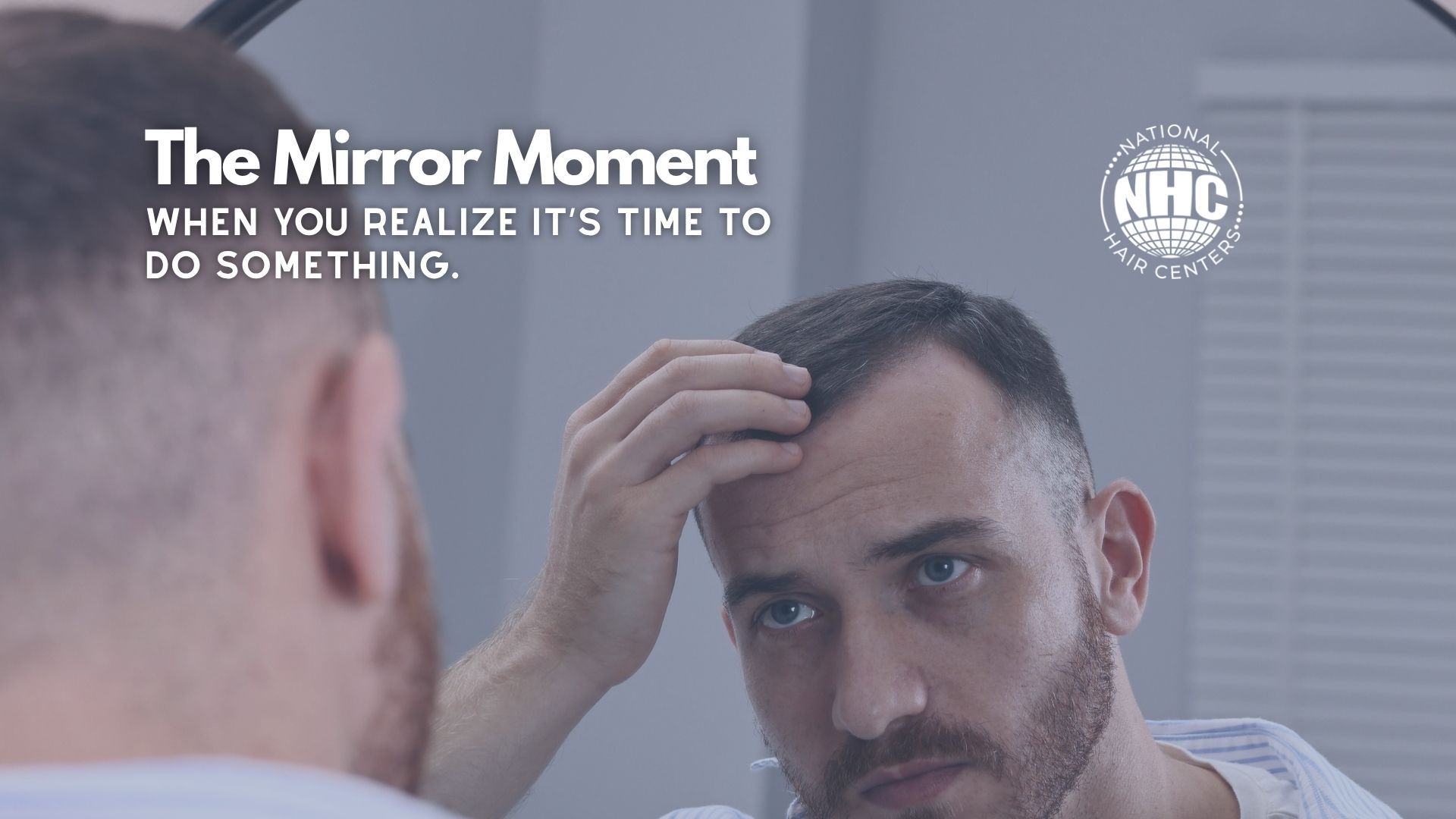Does Lack of Sleep Cause Hair Loss? The Science Explained
Lack of Sleep and Hair Loss: A Worrying Connection
Have you ever found yourself tossing and turning through sleepless nights, only to notice more hair collecting in your brush or shower drain? It’s a scary thought, but for both men and women, there may be a connection between lack of sleep and hair loss. Sleep plays a crucial role in our overall health, and when we don’t get enough of it, it can trigger alarming changes in our body—one of which might be unexpected hair loss. The real question is, what do you do about it?
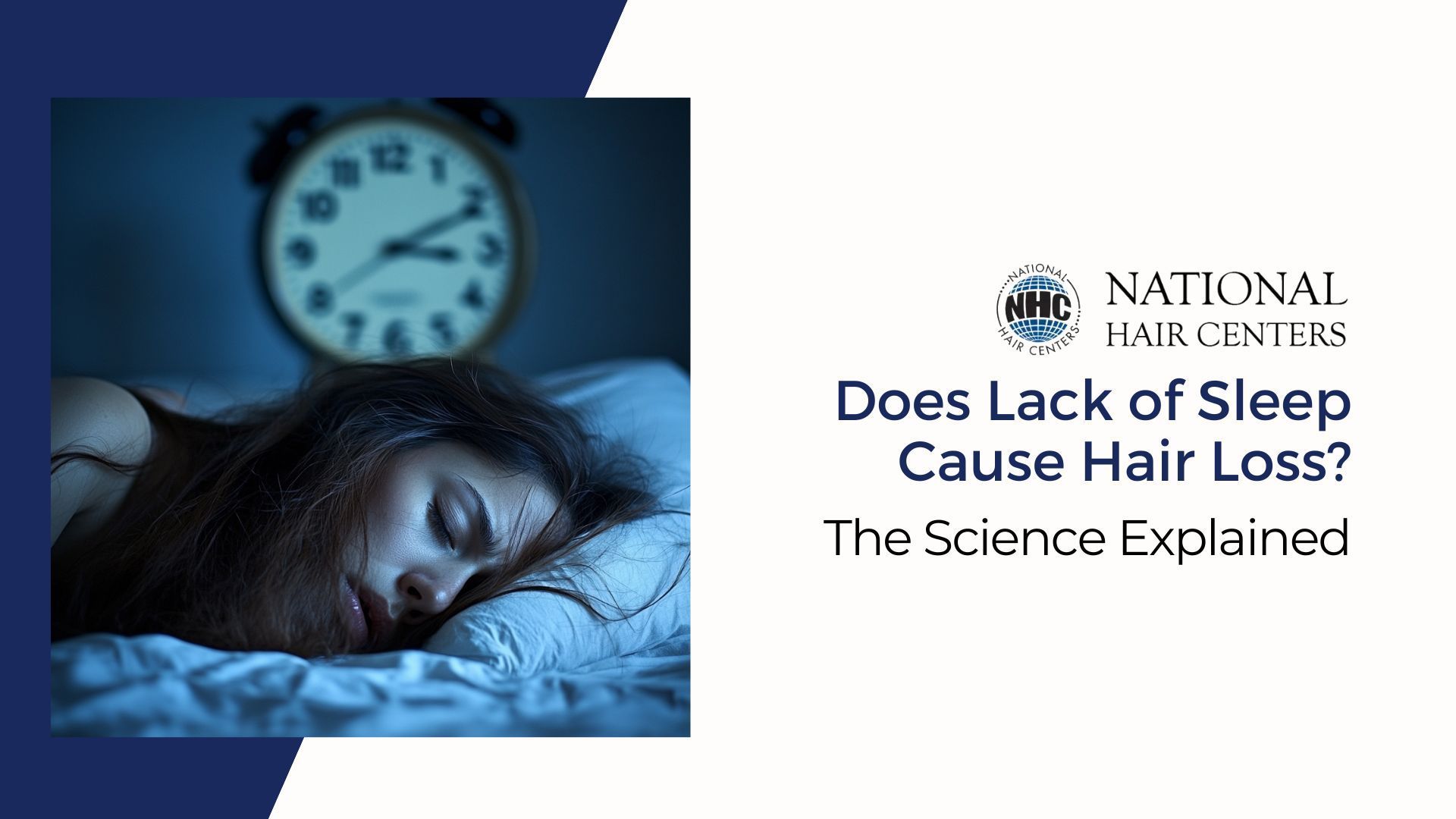
The Science Behind Stress, Sleep, and Hair Loss
When sleep is disrupted, your body produces more cortisol, the hormone responsible for managing stress. Elevated cortisol levels, particularly due to chronic stress, have been shown to impact hair health negatively. This increase can lead to a condition called telogen effluvium, where hair prematurely enters the resting phase, causing it to shed more frequently. Normally, about 10-15% of your hair is in the resting (telogen) phase, but stress and sleep deprivation can raise this percentage, leading to noticeable hair loss.
Sleep Deprivation’s Impact on the Hair Growth Cycle
Sleep plays a crucial role in regulating hair growth cycles, particularly the active growth (anagen) phase. When you're sleep-deprived, the anagen phase may be shortened, while the resting (telogen) phase may be extended. This imbalance leads to increased shedding. Studies show that sleep disorders, such as insomnia or sleep apnea, elevate cortisol levels and disrupt the hair growth cycle. Sleep deprivation also reduces melatonin, a hormone that plays a vital role in hair follicle function.
Telogen Effluvium: A Temporary but Concerning Condition
Telogen effluvium is typically a temporary condition, where hair shedding increases due to a disruption in the hair growth cycle. While it often reverses once the stress or sleep issues are addressed, prolonged stress can extend this condition, leading to longer periods of hair loss. This hair loss can become noticeable within two to three months after a significant period of stress, including chronic sleep deprivation - Mayo Clinic.
The Science Behind Chronic Stress and Hair Follicle Health
Chronic stress doesn’t just push hair into the telogen phase; it can also impair hair follicle stem cells. A study from Harvard discovered that elevated cortisol levels prevent the regeneration of hair follicles, keeping them in a prolonged resting state. This makes it harder for the body to replace lost hair over time, especially if stress and sleep deprivation persist (Harvard Gazette).
Managing Sleep and Stress for Hair Health
To mitigate hair loss from sleep deprivation and stress, it’s important to prioritize sleep hygiene and stress management. Establishing consistent sleep patterns, reducing stress through relaxation techniques, and improving your overall well-being can help lower cortisol levels and promote healthier hair growth. If hair loss persists, consult a trichologist or dermatologist for professional guidance (Mayo Clinic).
Chronic vs. Acute Hair Loss from Lack of Sleep
Sleep-deprivation-related hair loss can be either acute or chronic, and understanding the difference is crucial. Acute telogen effluvium is often triggered by short-term stress or temporary sleep disturbances, such as recovering from an illness or experiencing a stressful event. In these cases, the hair shedding usually resolves once the stress or sleep issue is corrected.
However, chronic telogen effluvium occurs when stress and poor sleep are ongoing. If your body is in a state of continuous stress, hair loss can become persistent. The longer it lasts, the more it can impact hair density, leaving your hair thinner over time. Chronic hair loss requires long-term solutions that not only address the immediate shedding but also target the underlying sleep and stress issues.
Treatment Options: Laser Hair Therapy and Low-Light Laser Therapy Caps
For those experiencing hair loss due to lack of sleep and stress, there are treatment options available. One effective solution is laser hair therapy, a non-invasive treatment that uses low-level lasers to stimulate hair follicles, encouraging hair growth and increasing blood flow to the scalp. Low-light laser therapy caps offer a convenient, at-home option. These caps are easy to use, and with consistent application, they can help improve hair thickness and reduce shedding.
Other alternatives to laser therapy include improving your overall sleep hygiene—by establishing regular sleep patterns, reducing stress through mindfulness or exercise, and supporting hair health with nourishing treatments like biotin supplements or topical scalp treatments designed to revitalize follicles.
Treatment Options List for Sleep-Related Hair Loss
- Low-Light Laser Therapy Caps: These at-home laser caps use low-level laser light to stimulate hair follicles, promoting hair growth by improving circulation and cellular repair. They are a convenient, effective option for combating hair loss caused by stress and lack of sleep.
- Laser Hair Therapy: Conducted in a clinic setting, this therapy uses professional-grade lasers to boost scalp health and stimulate hair follicles, encouraging hair regrowth.
- Improving Sleep Hygiene: Prioritizing consistent, quality sleep is essential for lowering stress hormones and allowing your hair growth cycle to return to normal.
- Nutritional Support: Vitamins and minerals like biotin, vitamin D, and iron are critical for hair health. Ensuring you're getting adequate nutrients can help support hair regrowth.
- Topical Treatments: Products like minoxidil can enhance blood flow to the scalp and stimulate hair regrowth. This is an effective option for addressing hair thinning and shedding.
- Stress Management Techniques: Reducing stress through mindfulness, meditation, or other relaxation techniques can lower cortisol levels, helping to prevent further hair loss.
Not Sure if Lack of Sleep is the Cause? We Can Help!
The tricky part is determining whether your hair loss is truly caused by lack of sleep, stress, or other underlying health issues. That’s where our expert trichologist comes in. At National Hair Centers, we can assess your hair loss and help you identify the root cause. Schedule a consultation today and let us help you get your hair and health back on track!

